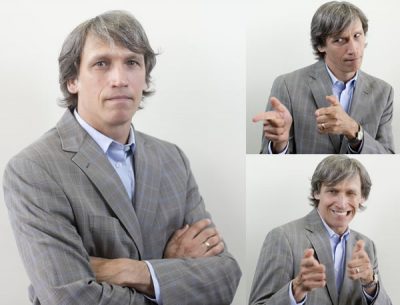By Emily Cook, EDC staff writer
Explaining assault by throwing a book at a TA (consented to in advance, of course), or doing hands-on computer exercises, may not seem standard for teaching law, but for professor Vincent Kazmierski, that’s just another day in the classroom.
In his 10 years of teaching legal studies at Carleton, Kazmierski has been honoured with multiple awards for his innovative teaching practices, including a 2010 Faculty of Public Affairs Teaching Excellence Award, a 2012 Teaching Achievement Award, and most recently, a 2014 Provost’s Fellowship in Teaching Award.
By using a combination of humour and his own life experiences, he says he teaches students to apply information they’re learning.
“If you can spend part of the class doing something a little bit more humourous and laughing, it means the students have a little bit of a mental break and then refocus on the more substantive material after that,” says Kazmierski.
He says humour creates a natural break in the class, and is an effective memory trigger for students. But he says what’s important is showing students how their work can impact real law.
Through the research grant from his Teaching Achievement Award, Kazmierski has been working alongside professor Brettel Dawson to create a flipped classroom model for a second year research methods course.
The model has students watch snippets of previously recorded lectures and taped interviews with judges or other legal personnel prior to attending class, allowing for more space in lectures to do hands-on activities.
“It’s so that students could understand that legal rules are the product of the work of actual human beings, and that those human beings have very particular ideas about what their job is,” he says.
Kazmierski says his teaching style is constantly developing. His focus has shifted to making sure students are engaged with the course material by thinking about how they access information.
With a decade of teaching experience at Carleton, Kazmierski says he still has more to learn and hopes he never stops experimenting.
“In order to be a good professor, you have to be a good learner. Part of that is you have to be willing to admit you have more to learn and I certainly think I have more to learn about teaching.”
